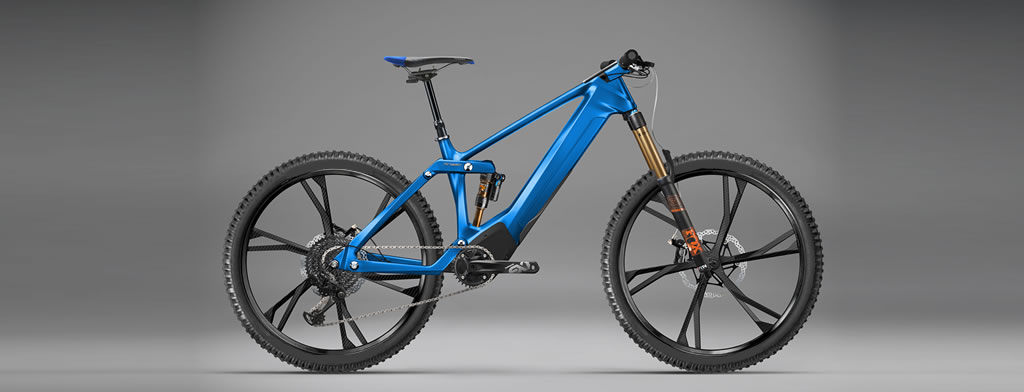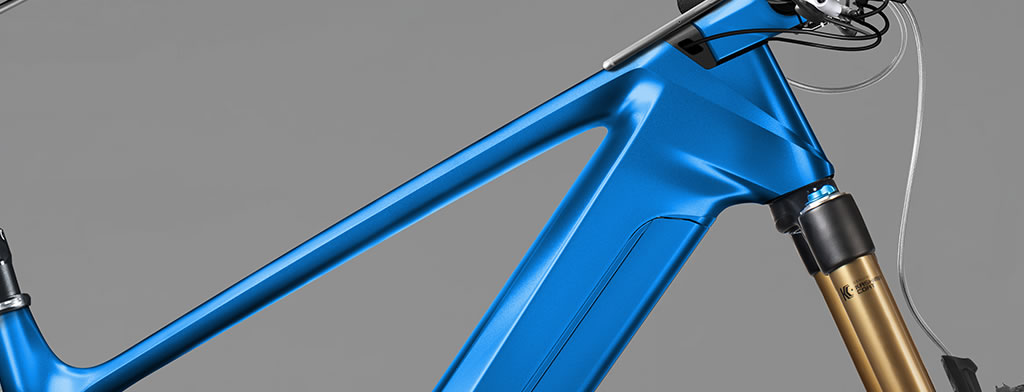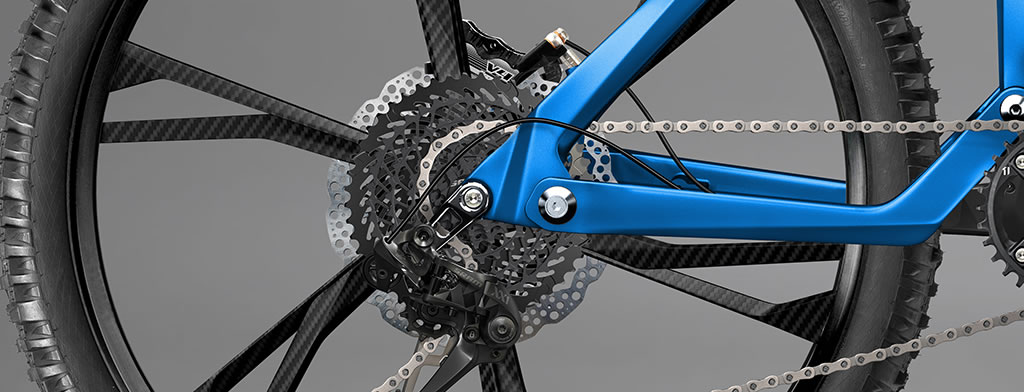For people who cycle as a sport, the design of the bike needs to be competitive to say the least. For events like the Tour de France, bikes with carbon fibre frames are used for their incredible strength, lack of vibrations, durable and low weight as compared to regular bikes.
While these features are prized by pros, these high-performance cycles are extremely expensive for regular amateurs and hobby cyclists. This is partly due to the fact that manufacturing a carbon fibre frame for a cycle is a time-consuming and labour intensive activity, which reflects in the high costs of the bike.
A frame for a carbon fibre bike needs to be made by wrapping layers of carbon fibre saturated with a glue-like resin around a mould by hand. The frame then needs to be vacuum sealed in an oven to bind the frame together.

Arevo, a Silicon Valley startup, has designed a designed and manufactured the world’s first 3D printed carbon fibre bike which costs only $300. It has designed a proprietary software that lets you design and virtually test the bike with various designs so that you do not have to spend needlessly on iterations. This saves both time and money.
Once the design is ready, the carbon fibre frame can then be printed using a ‘deposition head’ on a robotic arm. This technique, which ‘Arevo’ calls ‘True 3D printing’ allows materials to be layered in any direction to create parts of any size. This is possible as the free moving robot isn’t constrained by any dimensions of a printing unit.

For a carbon fibre printed frame, the material used in the printer is also unique- it is a thermoplastic with a composite recipe with carbon fibre embedded within it. Arevo claims that this material is 5 times stronger than titanium even though it is one-third its weight. The material is deposited in the right place using a special laser which takes just seconds to cool down.

Unlike conventional carbon fibre bikes, these 3D printed carbon fibre bikes can be ‘recycled’ when they reach the end of their use. The material can be ground up and reused to print something else. The manufacturing process of the bikes do not use any hazardous materials or does not emit any harmful waste, thus these bikes can eventually be manufactured anywhere, without giving any carbon footprint. Currently, the bikes are manufactured at Arevo’s corporate headquarters at Santa Clara, California. Arevo plans to mass produce these 3D printed bikes by 2019.